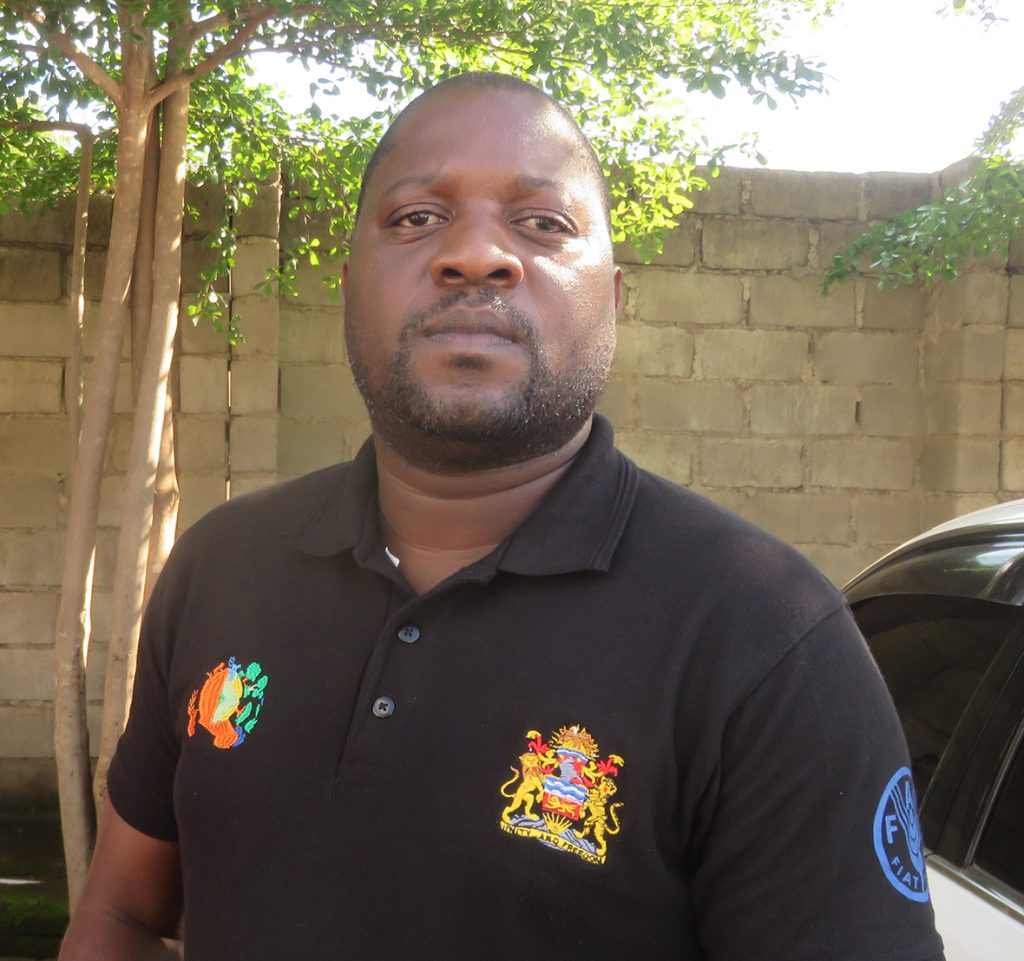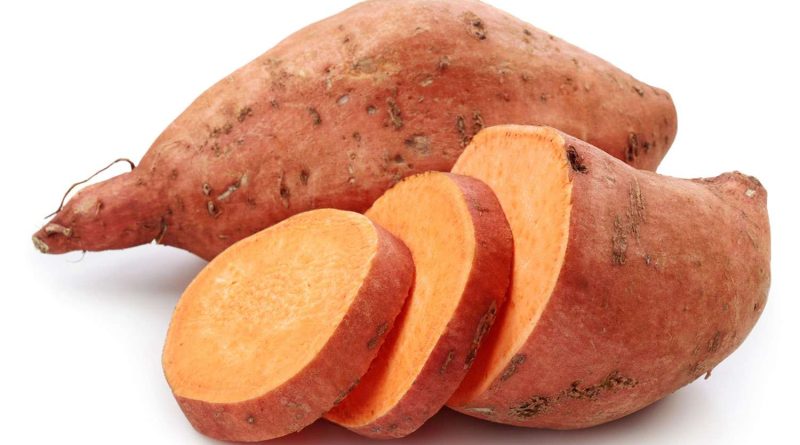Eagles Relief to implement new project in Balaka
By Joseph KAYIRA
Eagles Relief and Development Programme Intl’, the development arm of the Living Waters Church in Malawi, has embarked on a K139 million five-year drought risk financing project in Balaka which is targeting 1,200 households.
Speaking during the presentation of the project on Wednesday in Balaka, Evelyn Mkandawire, MEAL [Monitoring Evaluation and Learning] Coordinator at Eagles Relief and Development Programme Intl’ said the project would be implemented in STA Chimatiro and STA Toleza’s areas.
“So, basically the project that we presented here at Balaka DEC is drought relief financing project where we would like to respond to the drought which has hit Balaka this year by distributing farm inputs to farmers that have been highly affected,” Mkandawire said.

Mkandawire: We are targeting those affected by drought (Photo by Joseph Kayira)
The project, which is funded by TEAR Fund in the United Kingdom, is a pilot project that will run for five years and is among others being implemented in Malawi, Nepal and Ethiopia.
“We are targeting STA Chimatiro and STA Toleza in Balaka. We are targeting these two areas this year based on the reports that we got from the district’s agriculture office and the dry spell report that was reported in December 2024. Also, we have chosen these two areas because we have been there; we are implementing our projects there,” Mkandawire said.
She said that the interventions that the organisation is going to bring under this project will complement the already established assets that were used in the previous projects that “we have been implementing”.
“The approach that we are taking in this project is kind of different from other approaches that other insurance projects use. Our insurance project will target individuals or local farmers that have been highly affected by the drought but have access to land. These are people who will also have access to the residual moisture.
“This is because we do not want to simply give handouts to those that have been affected. But then we want to implement something which is sustainable and something that they will be able to practice even in the next years whenever they meet disasters or have been affected by drought,” she said.
Mkandawire said the inputs and seeds that the organisation will be distributing are recyclable.
She said: “We will give them the potato vines; we will give them high value vegetable seeds. They will be able to use them even in the next five years. That is the approach that we are taking.”

Mphepo: The project is important (Photo by Joseph Kayira)
Brazio Mphepo, Horticulture and Crops Officer for Ministry of Agriculture in Balaka said the district is a drought-prone area and issues of dry spells and low yields will continue to be there as they are chronic. He said the project will play a significant role in fighting hunger in the district.
“So, when different NGOs or donors come in, we take it as a plus because apart from providing high yielding crop varieties to farmers they also provide various technical skills of producing crops. They provide our farmers with knowledge on how they can progress with their farming and realise high yields with the input that they use on their own in the future. The capacity building part on its own, is also very important because it leaves with them the knowledge that they are to use indefinitely,” Mphepo said.

Sweet potatoes can save lives (Photo: Internet)
He added that most NGOs are promoting the use of climate smart conservation agriculture knowledge. Mphepo said these technologies enable farmers to realise crops “even though we are experiencing unfavourable weather conditions because they are able to conserve moisture and also fertility.”
“We are happy that they are giving us a package that is instantly addressing the food security challenges now. But it also has some element of capacity building that will leave the people with knowledge to continue producing and even being secure at household level indefinitely,” he said.

